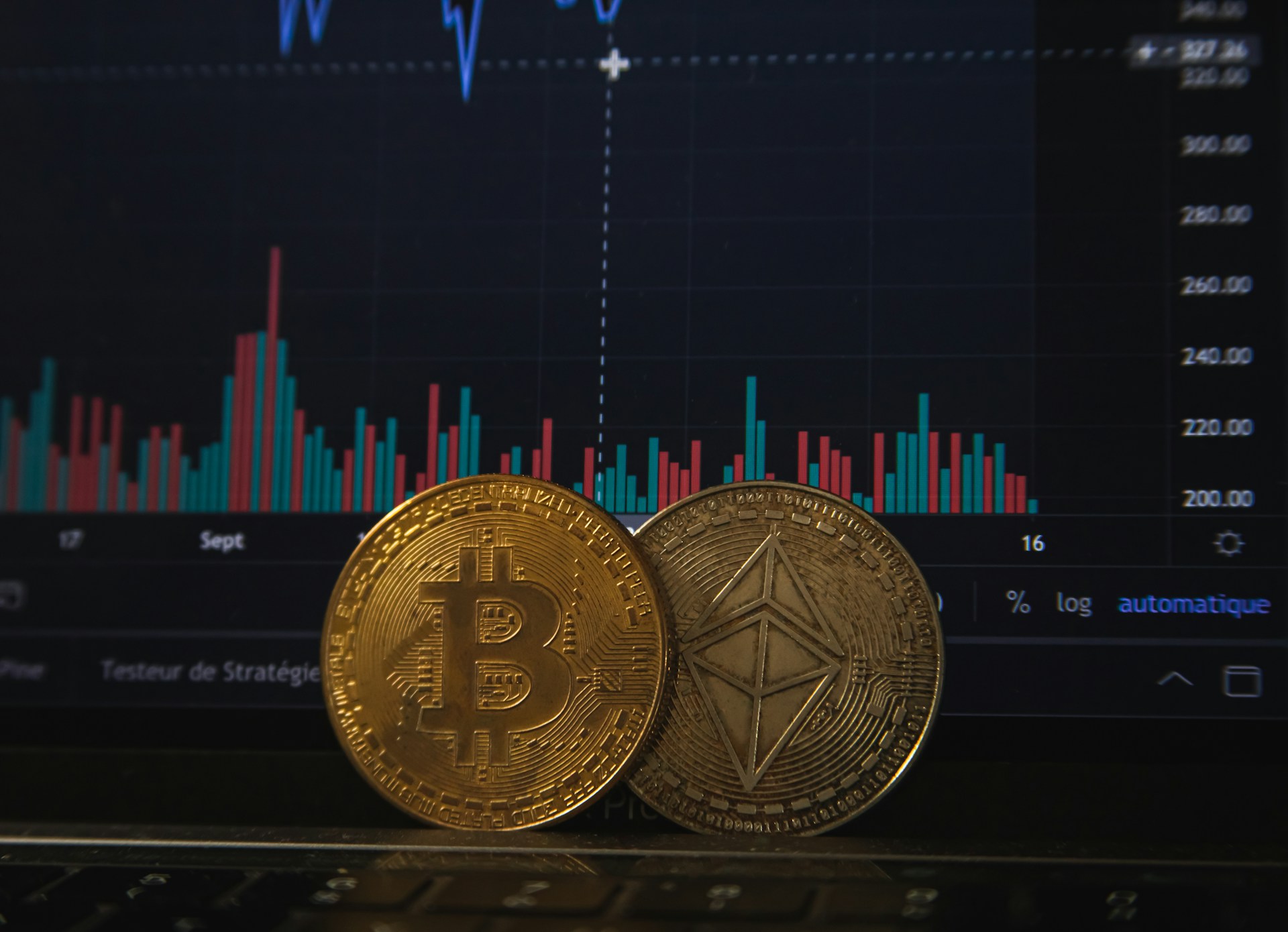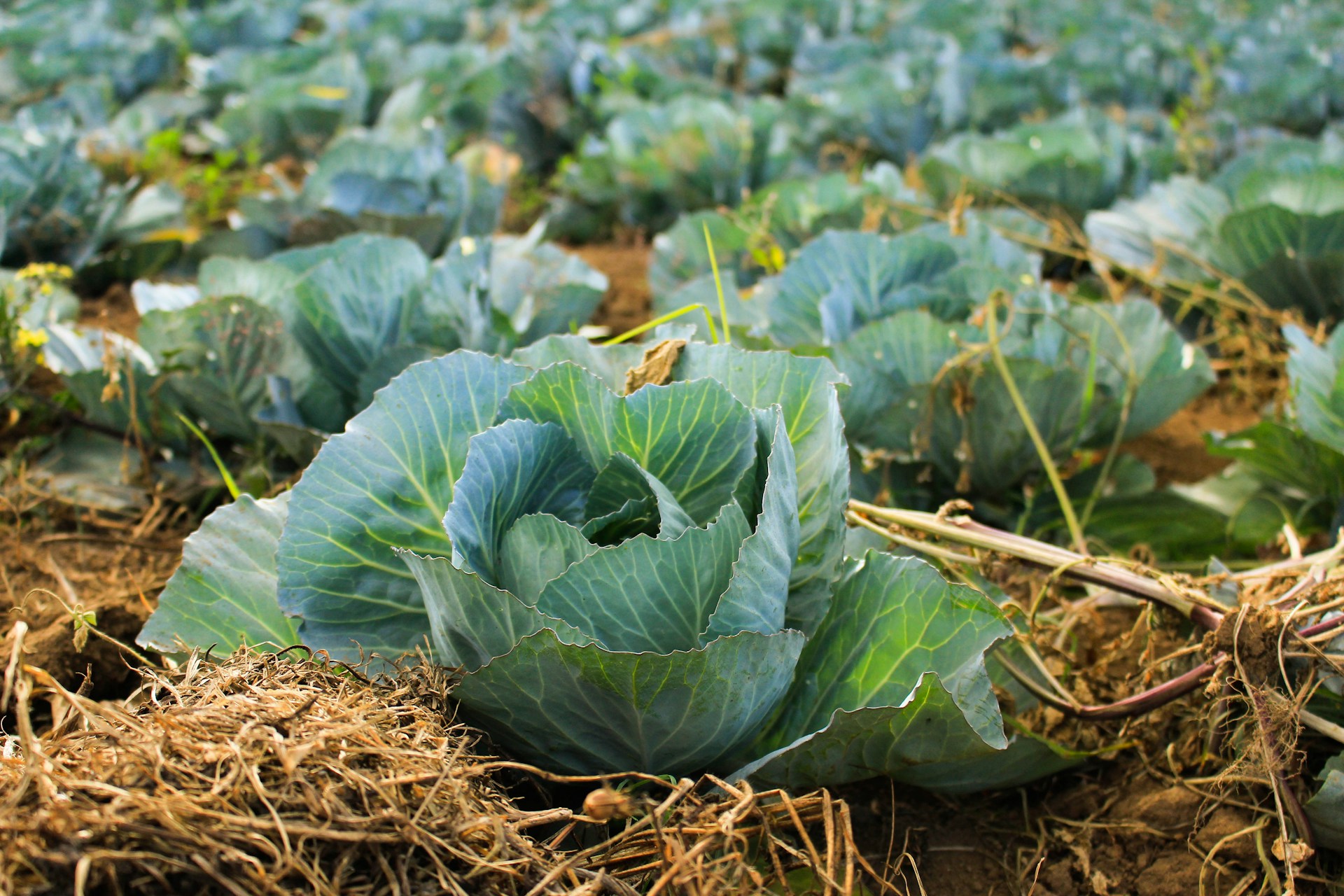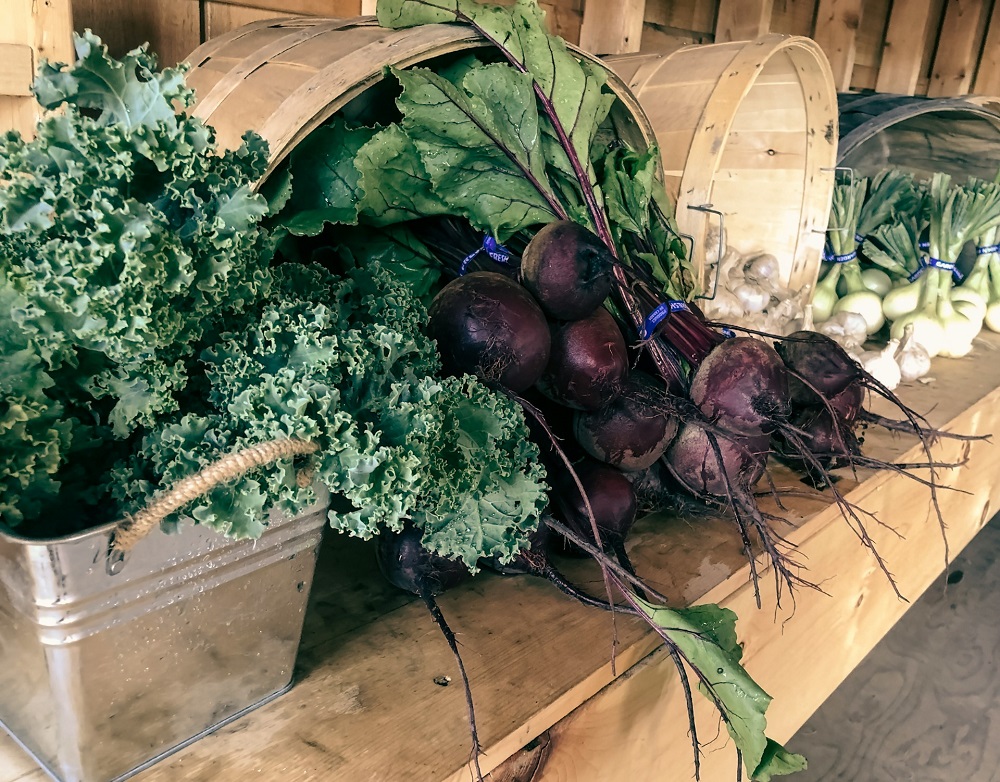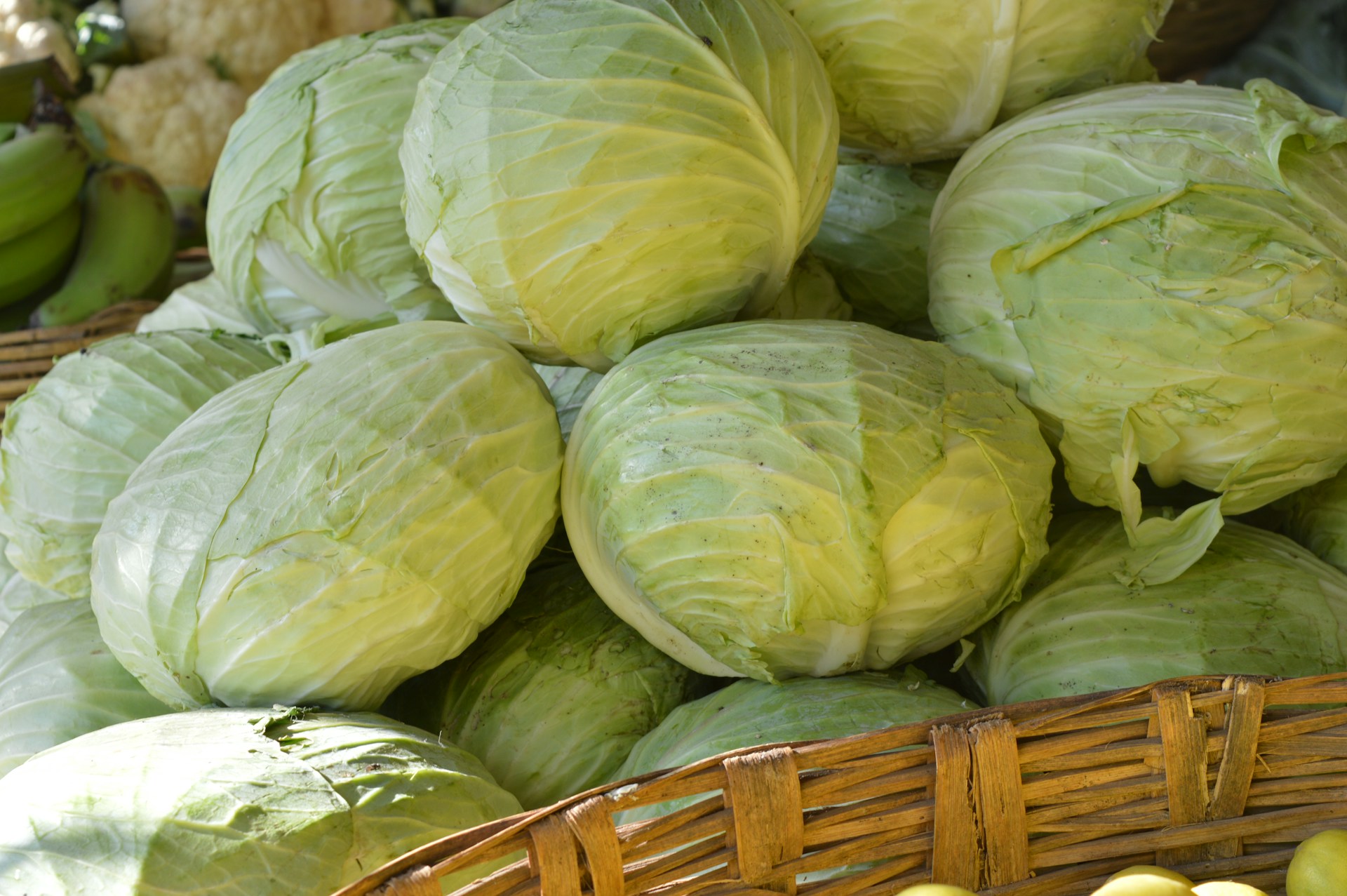In today’s global marketplace, ensuring the quality, safety, and authenticity of distributed produce presents enormous challenges.
Innovative technologies are needed to provide robust solutions to these assurance issues.
Blockchain is swiftly becoming a major player in this regard, offering unprecedented traceability and accountability.
It represents a revolution for the produce distribution sector, enhancing existing systems to track and verify goods every step of the way.
This technology not only reinforces the integrity of supply chains but also offers enormous opportunities for producers, retailers, and consumers alike.
In this discussion, we delve into how blockchain technology is redefining traceability in the produce distribution landscape.
Blockchain Applications For Traceability In Produce Distribution
1. Verifying Organic Produce Authenticity
The rapid rise in consumer demand for organic produce has opened up opportunities for counterfeit products and deceptive practices in the food industry.
As such, the issue of verifying the authenticity of organic products has emerged as a significant challenge.
Blockchain technology can provide a potential solution to this problem through its secure, decentralized nature, and traceability features.
What blockchain does is to create a secure, immutable record of every transaction related to a piece of produce, from seed to store.
This offers an unparalleled level of transparency that allows consumers, retailers, and regulatory bodies alike to confirm the authenticity of organic products.
By leveraging blockchain technology, producers can upload certificates or other proof of organic status to the blockchain, creating an indelible record that is resistant to tampering and fraud.
The availability of this data in blockchain encourages honesty and transparency from producers.
It can deter producers from claiming their goods are organic when they are not, as the tokenized records on the blockchain would contradict these false claims.
Additionally, blockchain’s decentralized nature means the data is available to all participants in the chain and cannot be altered by any single entity.
This further reinforces the credibility of the organic status claimed by producers.
Because of the traceability it provides, the adoption of blockchain technology in organic produce distribution could dramatically decrease the likelihood of counterfeit organic produce entering the market.
Blockchain technology could also help reduce the burden on regulatory bodies that oversee the organic industry.
Currently, these organizations have to carry out random inspections and verify paperwork to ensure compliance with organic standards.
Through digitizing these efforts with blockchain, these firms could put more of their resources toward other essential tasks, thereby improving overall efficiency.
It’s also worth mentioning that blockchain technology could foster more trust between consumers and producers.
By giving consumers the tools to verify an item’s organic status themselves, producers can build a stronger relationship with their customers based on transparency and honesty.
2. Tracing origin in Fair-Trade Farming
The traceability feature enabled by blockchain technology has great potential to redefine the modalities of origin tracing in fair-trade farming.
Presently, consumers and regulators find it challenging to verify the true origin of produce and products labeled as ‘Fair-Trade’ due to a lack of transparency in conventional supply chains.
The application of blockchain technology can help mitigate this issue as it enables the creation of a decentralized and immutable ledger of transactions.
This mechanism can meticulously document each step of a product, starting from its production at a fair-trade farm to its final delivery to a consumer, hence, maintaining complete transparency about its origin and journey.
Decentralized database foundation ensures that no single party has sole control over the information contained within it.
Moreover, the unalterable aspect of a blockchain network guarantees that data cannot be tampered with after it has been logged into the system, ensuring its reliability.
This transparency and reliability can practically facilitate the accurate monitoring of adherence to the ethical standards outlined by Fair-Trade agreements.
Blockchain can irrefutably establish whether a specific farm follows fair-trade practices in its operations, including paying fair wages, using sustainable farming methods, and maintaining a healthy work environment.
By confirming this data on a blockchain network, consumers can be assured that the fair-trade labeled product they are buying is legitimately sourced.
Apart from origin verification, blockchain can also help regulate trade between developed and developing nations by ensuring fair trade standards are upheld consistently.
The distributed, transparent and secure nature of blockchain can prove to be an effective deterrent to the exploitation of workers in agricultural sectors.
Therefore, it’s safe to say that, the blockchain’s application can combat market fraud and help companies build their brand trust through verifiable evidence and traceability.
Additionally, the implementation of blockchain may eventually lead to furthering the development of sustainable and equitable global supply chains.
In fact, an increasing number of agricultural businesses are already recognizing the value of blockchain and are actively considering its integration for origin tracing and fair-trade practices.
Thus, integrating blockchain technology in fair-trade farming has the potential to revolutionize the way we trace and authenticate the origin of produce and products.
3. Monitoring Global Food Distribution
The process of monitoring global food distribution is a critical aspect in maintaining the integrity of the global food supply chain.
This involves the evaluation of the path that produce takes from the farm to the consumer’s table.
Effective monitoring can help in ensuring food security, reducing waste, and enhancing consumer trust in the quality of their food.
Blockchain technology offers a game-changing solution for this task, providing immutable, transparent and easily accessible records.
With blockchain, each stage of the food distribution process can be tracked and verified, from cultivation and harvesting, to processing, packaging, and distribution.
Each participant in the distribution chain can record their actions on the blockchain, creating a permanent and tamper-proof record.
For example, a vegetable farmer can record when and where a specific batch of produce was harvested, and this information will be linked to the produce as it moves through the supply chain.
This real-time, end-to-end traceability can dramatically enhance transparency and accountability in the food distribution process, helping prevent fraudulent practices and ensuring that consumers get what they pay for.
Furthermore, in the event of a food safety issue, such as an outbreak of foodborne illness, blockchain can help quickly track the source of the problem.
This can lead to faster and more effective recalls, limiting the spread of the illness and protecting consumers.
Regulatory bodies around the world are beginning to recognize the potential of blockchain for food traceability.
In fact, the European Union’s Food Safety Authority has called for the exploration of blockchain as a tool for improving food safety.
However, the use of blockchain in global food distribution is not without challenges.
Implementation requires collaboration and buy-in from a vast and diverse array of stakeholders in the food system.
Additionally, addressing privacy concerns, designing user-friendly interfaces, and scaling the technology for global use are all hurdles that need to be overcome.
Despite these challenges, blockchain holds great potential to revolutionize the way we monitor global food distribution, offering a level of traceability and transparency that was previously thought to be out of reach.
4. Ensuring halal and kosher compliances.
Blockchain technology has the potential to revolutionize the way we ensure halal and kosher compliances in food production and distribution.
The fundamental principles of both these food laws revolve around traceability and transparency in the food supply chain.
However, determining the authenticity of halal and kosher products can often become complex and obscure due to various factors.
The blockchain, a decentralized and incorruptible digital ledger, could provide a solution to these challenges.
By recording every step of the production process on a blockchain, complete transparency and verifiability of halal and kosher compliances can be achieved.
Traditionally, physical certificates are issued to verify that a product is halal or kosher, but these can be easily manipulated or forged.
Blockchain can authenticate these certificates digitally and make them virtually tamper-proof.
Furthermore, blockchain makes it possible to track and trace every ingredient used in a product back to its original source.
This detailed level of traceability will help in eliminating doubts about the correctness of the methods used in production, handling, and slaughtering processes in accordance with halal and kosher laws.
For consumers, this means peace of mind knowing their food is authentically prepared according to their religious dietary laws.
For food producers and vendors, adopting blockchain can bring about increased trust from consumers, boost their reputation and potentially increase market share.
Moreover, a blockchain-based system could also facilitate international trade of halal and kosher products, by providing universally acceptable proof of compliance.
Despite the potential benefits, adoption of blockchain for halal and kosher compliance is still in its nascent stages, and it’s important for stakeholders to understand and appreciate the value it can bring.
More research and development is required to streamline the integration of blockchain in this domain, ensure its scalability and to prepare for any unforeseen challenges.
With continued exploration of its potential, blockchain could soon become the gold standard for ensuring halal and kosher compliance in the global food supply chain.
5. Preventing food-borne illnesses.
Blockchain technology can play a pivotal role in preventing food-borne illnesses.
This can be achieved by ensuring traceability in food distribution, a sector that has often been plagued with challenges related to transparency and accountability.
The global food supply chain is characterized by a high level of complexity, with numerous stakeholders involved from farm to fork.
When a food-borne illness outbreak occurs, it becomes incredibly difficult to accurately trace the source of contamination due to this complexity and lack of transparency.
However, blockchain can change this scenario by providing a immutable, decentralized, and transparent system for recording transactions at every phase of the food supply chain.
This would ensure that in the event of an outbreak, the contamination source can be tracked back swiftly and precisely, thus preventing further spread and facilitating the implementation of preventive measures.
In addition, blockchain also offers the ability to monitor temperature control and safe handling practices in real-time, which are essential for preventing the growth of bacteria and other pathogens that cause food-borne illnesses.
If a temperature or handling violation is noted at any point in the supply chain, swift action can be taken to rectify the issue and possibly prevent a potential disease outbreak.
Also, because every entry in a blockchain is permanent, it discourages foul practices and promotes accountability.
Moreover, blockchain’s decentralized nature means that all stakeholders in the food supply chain can access and verify the same information in real-time, thereby enabling quick response and collaborative efforts towards outbreak prevention.
Importantly, given the increasing prevalence of global food trade, implementing blockchain systems for traceability in food distribution brings the added benefit of facilitating regulatory compliance across different jurisdictions.
Regulators could access information recorded in the blockchain to validate compliance with food safety regulations, or to swiftly take action in the event of a food-borne illness outbreak.
Thus, adopting blockchain technology in the food distribution sector could significantly reduce the incidence and impact of food-borne illnesses.
Overall, the introduction of blockchain into the food industry has ushered in a new era of transparency, traceability, and accountability that could potentially transform the operations of the global food supply chain, and significantly reduce the risk and impact of food-borne illnesses.
6. Identifying Genetically Modified Crops
In the era of advanced agricultural practices, the identification of genetically modified (GM) crops have become a crucial part of profitable farming and secured food distribution.
The use of blockchain technologies brings a higher level of transparency and control to the process.
GM crops have their own unique genetic identifiers which can be recorded and stored securely in a blockchain.
This allows for an immutable and transparent trace of each crop from its inception to its final sale.
One of the main advantages of using blockchain technology in identifying GM crops is that it reduces mislabelling and fraud.
These could occur when GM crops are sold as non-GM products, causing mistrust among consumers and stakeholders.
By using blockchain technology, stakeholders can swiftly and accurately identify genetically modified crops at any point in the supply chain, enhancing trust and credibility.
Tracing the origin of the crops, whether they are genetically modified or organically grown, is easy thanks to the efficacy of the blockchain technology.
Each stage of the crop’s life cycle can be immutably recorded, from seeding, growing, harvesting, shipping, to even retailing.
The data recorded on the blockchain can include but is not limited to: the details about the crop, its genotype, phenotype, location and date of cultivation, harvest data, and shipping details.
This not only provides complete traceability of GM crops, but also offers a significant level of assurance and confidence to the consumers and stakeholders involved.
The financial implications are also positive. By identifying and certifying GM crops accurately, farmers can be rewarded properly, and they can avoid any potential disputes with their customers.
The answer to the increasing demand for transparency in the food industry is clearly provided by embracing blockchain technology.
The issue of identifying genetically modified crops is not an isolated one, and utilizing this technology offers a holistic solution to a multitude of challenges in the agricultural and food production sectors.
It ensures greater accountability and builds trust among all parties involved, from farmers and distributors to consumers.
While the feud over the safety and ethics of genetically modified crops continues, blockchain technology provides a neutral ground, offering credible traceability solutions to ensure that consumers make informed and ethical food choices.
7. Reducing Food Waste in Supply Chains
Blockchain technology brings a substantial potential for reducing food waste in supply chains.
Our global supply chains are often laden with inefficiencies, miscommunication and food spoilage, leading to enormous amounts of wasted food.
Blockchain offers a solution to this issue by tracing the food’s journey from farm to fork in a transparent, secure and decentralized manner.
This creates a system where the stakeholders in a supply chain can easily see where problems might arise and address them proactively instead of reactively.
The use of blockchain technology means that the participating parties have a reliable, shared record of the path that food has taken which reduces the chance for errors, miscommunication and subsequently, food waste.
The technology’s decentralization ensures that no single entity has complete control over the information, offering a level of transparency that minimizes losses in the chain.
Through blockchain technology, we can accurately identify when and where food spoilage occurs and take preventive measures to avoid waste, optimizing the productivity and efficiency of the supply chain as a result.
This can be particularly helpful in developing countries where food waste is a massive issue due to inadequate supply chain infrastructures.
By applying blockchain in these regions, we can significantly reduce the amount of waste and help feed more people.
Moreover, blockchain can help in measuring the environmental impact of food waste which compelled businesses to minimize losses and recycle waste more efficiently.
For instance, if all the participants in a supply chain have access to the same information about a product’s lifecycle, that can provide a clear picture of where inefficiencies and waste are occurring.
In a time where climate change is a significant concern, a blockchain system could prove vital in making our food supply chains more sustainable and eco-friendly.
The potential for blockchain technology in reducing food waste is enormous and can have significant implications for global food security.
However, realizing this potential requires commitment from all parties involved in the supply chain and wider acceptance of the technology – which seem to be gaining momentum worldwide.
Indeed, embarking on a journey of adopting blockchain to reduce food waste requires efforts and may affect the status quo, but the benefits it offers are worth the investment.
The Bottom Line
By integrating advanced technology into food sourcing and safety systems, the food industry can maintain higher standards of transparency and accountability.
The verification of organic produce authenticity removes ambiguity with consumers, while origin tracing in fair-trade farming assures them of ethically-derived products.
Monitoring the global food distribution aids in balancing supply and demand, ensuring no one is left out.
Furthermore, compliance with halal and kosher constraints broadens market access, enhancing customer trust.
Prevention of food-borne illnesses has a direct impact on global health, while identifying genetically modified crops empowers consumers to make informed dietary choices.
Lastly, by reducing food waste in supply chains, an industry-wide transition to sustainability can be realized, promoting a healthier planet.
This tech-driven overhaul of the food industry offers a promising future for all stakeholders.




